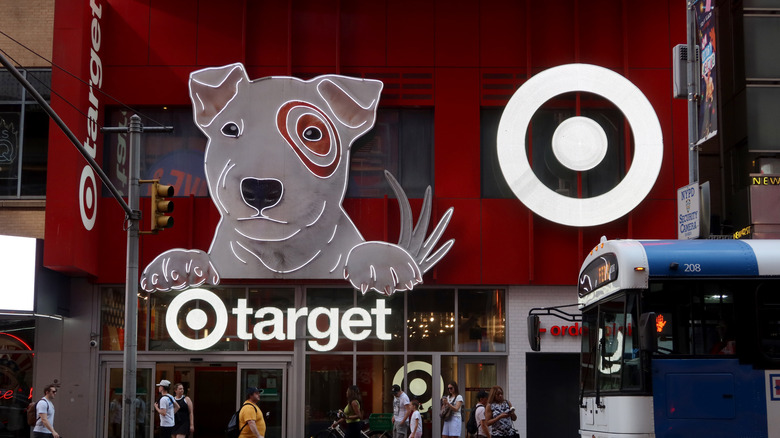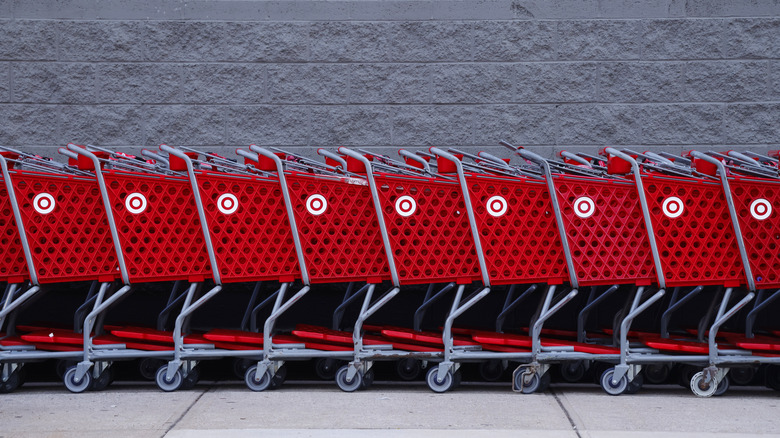Target's Warning To Employees Amid Troubling Sales Slump Speaks Volumes
Target's commercial team has been told to return to the office. On July 11 2025, Chief Commercial Officer Rick Gomez emailed staff in the Twin Cities, including merchants, planners, and supply-chain leads, stating that starting September 2 2025, they must work from headquarters three days a week. Gomez said being in the office more often will help the team grow sales, solve problems faster, and build stronger work ties. He explained the change as a way to improve results, not as a benefit.
This mean that all 7,100 workers in Target's commercial unit, a group that is the company's biggest office team, must be in the Minneapolis office three days a week from September. The new rule replaces the old setup from the pandemic, which only asked teams to come in for five fixed weeks each year. Leaders now say that policy slows down work and makes it harder to follow through.
The slump that caused the internal memo
Target's first-quarter numbers show clear signs of trouble, which has been at play since April 2025 when it warned customers of increase in prices because of tariffs. The chain brought in $23.846 billion from sales between February and April 2025. That's about $686 million less than what it made in the same months last year, when the number was $24.531 billion. The company says this happened because fewer people came into its stores, and the ones who did spent a little less. Visits were down by 2.4%, and the amount people spent per visit was down by 1.4%. Target still made $1.472 billion during this time, but a big part of that came from a one-time legal payout worth $593 million.
Investors didn't like Target's update. On May 21st 2025, Reuters reported that Target's stock price fell by 4% to about $93. Over the past year, the stock has lost 40% of its value. Given Target's July 18 market value of $47.9 billion, per Macro Trends, a 40% decline equals about $18.8 billion wiped out from what the company is worth. Target expects profit to be between $8 and $10 per share using standard accounting rules, or between $7.00 and $9.00 using adjusted numbers. As expected, it's competitors are taking this chance to pull ahead. Walmart's U.S. sales went up by 4.5%, and that helped push its total sales for fiscal year 2026 to $165.6 billion.
Target; in case you missed it
The retail corporation is also ending a policy that going forward could cost you extra money at Target. Starting July 28, 2025, the chain will no longer match prices from other major stores like Amazon, Walmart, Best Buy, or Costco. Right now, if you buy something at Target and find it cheaper somewhere else, you can ask for a refund of the difference, but that option is going away. This means if a TV or baby stroller gets marked down at another store after you buy it at Target, you won't get money back. This will affect shoppers greatly since Target is one of the best budget-friendly store for home essentials.
To ease the impact of ending price matching, you can take advantage of Target's price cuts on many everyday items announced since May 20, 2024. Last summer, the company said it would permanently lower prices on about 5,000 popular products that people buy often, like milk, bread, diapers, and cleaning wipes. Before that announcement, it had already dropped prices on 1,500 of those items. For example, Good & Gather organic baby spinach now sells for $2.99 instead of $3.29, and Jack's Frozen Pepperoni Pizza (14.3 oz) is down to $3.99 from $4.19 as of July 2025. These items are marked with red signs that say "thousands of lower prices."


